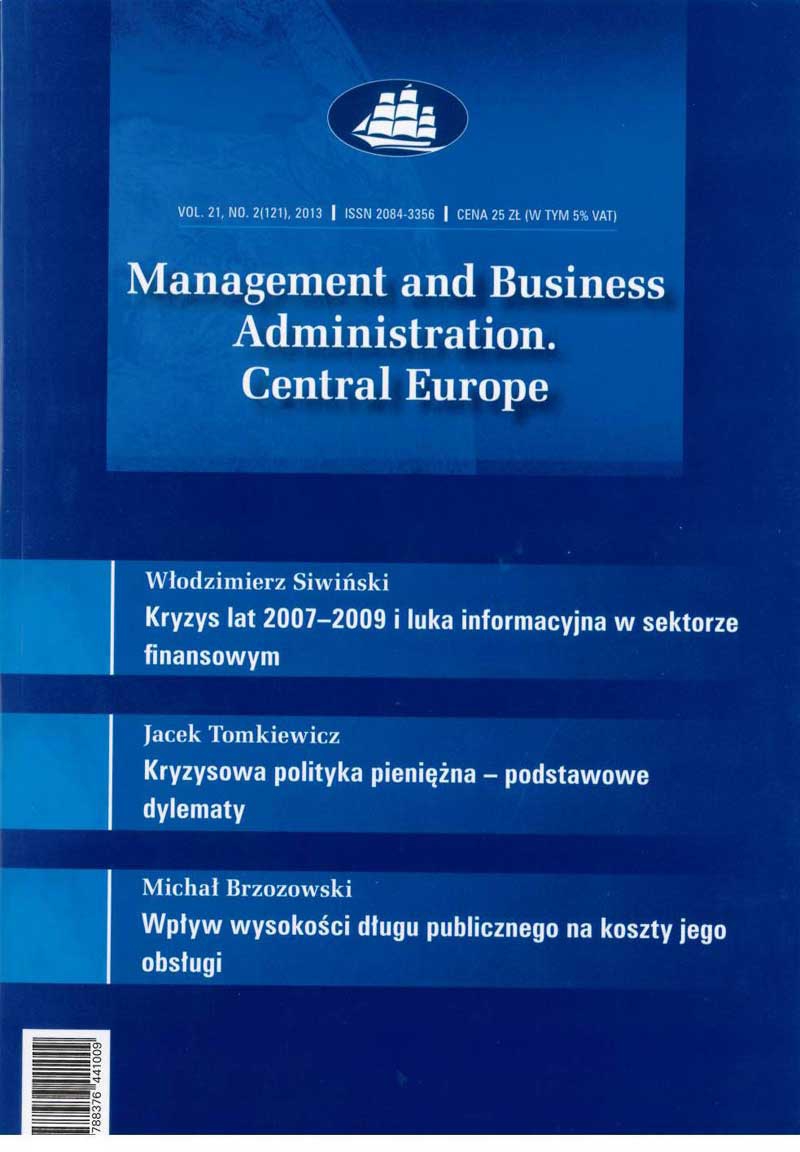Czy słuchamy, gdy nas proszą? (Bez)refleksyjność w niekonwencjonalnych sytuacjach prośby
Do we listen when asked? (Un)reflectivity in unconventional form of request
Author(s): Michał BiałekSubject(s): Economy
Published by: Akademia Leona Koźmińskiego
Keywords: social influence; automatic processing; command efficacy; unconventional form of request
Summary/Abstract: Human behavior in routine tasks is controlled by automatic processes (Bargh 1999). The goal of the research is to find factors, that support people to use more reflective and costly ways of request analysis. Conventional politeness of request (Carli 1990, 2001) and sex were considered as those factors. Laman and Douven (2001) suggests, that communication with opposite sex can be different than with same sex, because people tend not to reflectively analyze arguments. It is suggested, that people have tacit belief, that those arguments are irrational and incomprehensible. In street experiment group of 13 students asked random people (n=156) to lend their mobile phone. They used conventional, polite form of request and unconventional, opinionated form. The request was (1) not justified, (2) sham justified and (3) real justified. If is found that people tend to react unreflectively when asked conventionally by people of the opposite sex. Same percent (84,6) complied with the request when it was sham justified, but didn`t, when it was not justified at all (15,4%).Unconventional forms of request makes people react reflective and focus them on the argument itself. Presented results can support request by (1) making people focus on arguments by using unconventional form of communication and (2) showing meaning of sex. There is few research, that shows relationship between form of communication and sex in reflective thinking. This paper also broadens the knowledge about efficacy of orders and inter-sexual communication.
Journal: Management and Business Administration. Central Europe
- Issue Year: 117/2012
- Issue No: 4
- Page Range: 46-59
- Page Count: 13
- Language: Polish

